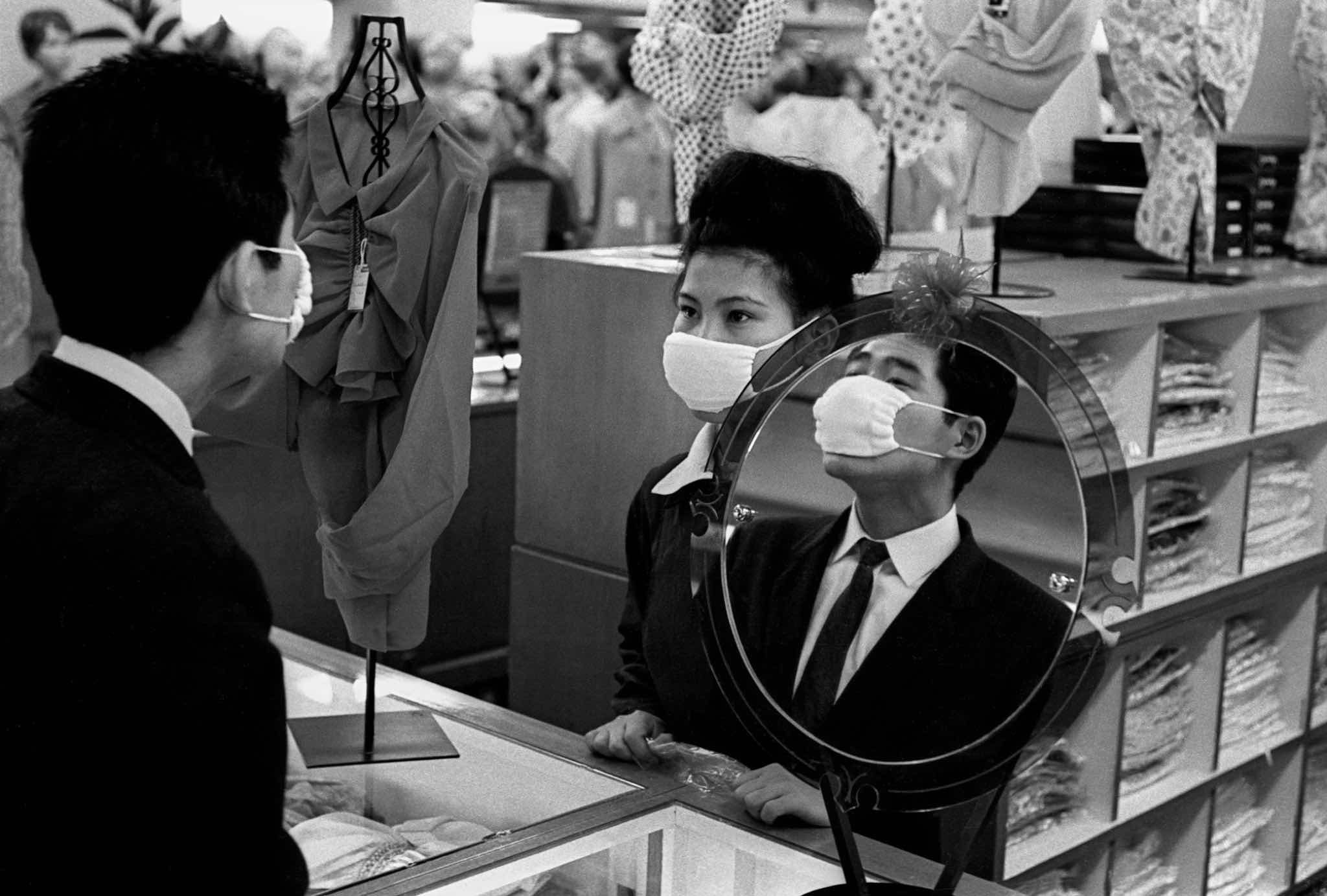1963, from Time machine
In Japan, interpersonal relations are subject to a complex protocol determined by social hierarchy. There are six different ways of saying ‘I’, according to the speaker’s sex and position – inferior, equal or superior. But even apart from that, conversation can go off on tangents where even the Japanese get lost. I ask: ’Will the weather be fine tomorrow?’. My interpreter translates during five or six minutes, reinforcing his words with eloquent gestures. His interlocutor’s response takes a little longer, the interpreter replies, the exchange heats up, I interrupt them to find out what it’s all about, and the interpreter tells me in all earnestness: ‘The honorable san says that the weather could be fine, but it may also rain.’ Yet it never occurred to me to attribute these difficulties to some ‘oriental mystery’. In fact, the Japanese are closer to us than most other peoples of Asia. The phonetics of their language are not tonal like the Chinese, and their grammar is like that of the Ural-Altaic languages, the same as Finnish and Hungarian.

1963, Tokyo, Japan, sterile meeting
